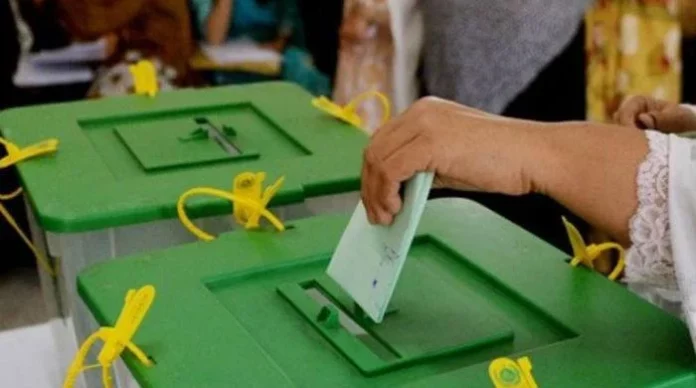The impending general elections in Pakistan will further dent the economy. The cost of holding elections is estimated at around Rs 50 billion. In 2018, general elections in Pakistan cost a little more than Rs 21 billion while in 2013 it was Rs 4.73 billion. Among other things, the cost has expanded due to a drastic devaluation of the local currency.
Much to the Shehhbaz Sharif government’s embarrassment, the country’s Supreme Court, earlier this month, called the country’s Election Commission’s decision to postpone the Punjab Assembly polls till October, unconstitutional. Unsurprisingly, the Supreme Court’s decision has boosted former Prime Minister and Pakistan Tehreek-e-Insaaf (PTI) top boss Imran Khan’s sentiments and prospects.
The rising political uncertainty has prompted Finance Minister Ishaq Dar, who was slated to visit Washington for the spring meetings of the International Monetary Fund (IMF) and World Bank to cancel his trip.
Holding elections—the most crucial facet of a democracy is a costly affair.
Today Dar tabled a bill in Parliament to seek approval for release of funds required to hold elections in Punjab and Khyber Pakhtunkhwa though he expressed surprise at the Supreme Court’s decision. He noted that in the past, elections in the country have been delayed after assassination of former Prime Minister Benazir Bhutto, or in the wake of floods and earthquakes.
The standoff between the Supreme Court and the ruling coalition led by PML-N has led to further uncertainty in the political landscape, directly impacting the economy.
A blog published by Brookings Institution in January said that for politics-obsessed Pakistan, the biggest question remains who will win the next general election. However, according to the blog, regardless of the outcome of the elections, “the direction of the country is unlikely to change.”
In addition to this the security situation in the South Asian nation has deteriorated too.
The worst impacted are the common citizens of the country. Even as the inflation rate in March rose to 35.4 per cent, they are now preparing for worse with prices likely to further go up.
“What makes the crises in Pakistan today extremely worrisome is the domination of the political crisis over all other challenges and the resulting distraction from finding solutions to the more important economic and security issues,” Dawn said in an article.
The question that many are now asking is this: Can Pakistan afford to hold elections?
(This article was first published in India Narrative)

